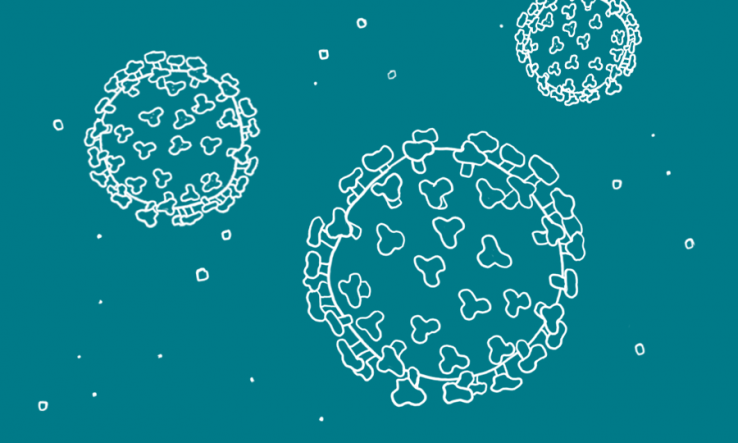
Survey reveals looming spectre of financial shortages and decline of academic cooperation
The leaders of German universities are deeply worried about the effects of the Covid-19 pandemic on the competitiveness and scientific performance of their institutions, a survey has found.
The Higher Education Barometer survey, published by research funders’ club the Stifterverband and the Heinz Nixdorf Foundation, found that a large majority of rectors and vice-chancellors fear the economic situation of universities will become more difficult and that international cooperation will decline.
According to the survey, 92 per cent of university leaders said their institutions will face greater financial challenges in the future. Before the pandemic, the number was 73 per cent. Around 62 per cent of respondents expected international cooperation to decline—more than three times as many than the last time the survey was run in the winter of 2019.
The survey covered a year up to July and does not take into account the second lockdown during the coronavirus pandemic, which started at the end of October. It did, however, quiz university leaders about the summer semester, which was held entirely online in Germany to maintain social distancing and reduce the spread of the pandemic.
Positive switch to digital teaching
Of the respondents, 90 per cent said that the switch to digital teaching had largely been positive. In implementing the digital summer semester, 57 per cent of leaders felt well supported by politics. Nearly 80 per cent assessed their institutional autonomy during the pandemic as sufficient to be able to make important decisions.
However, in the view of most university heads, the restrictions associated with the pandemic have had an adverse effect on research as well as on knowledge transfer and cooperation.
The Higher Education Barometer is an annual survey of sentiment among of German university rectors and presidents. The main survey was conducted between December 2019 and February 2020, followed by two additional surveys to include the situation during the pandemic.
The main survey, undertaken before the coronavirus pandemic reached Germany, assessed how positive universities felt about themselves. The surveyed university leaders rated last year’s mood at their institution on average as the most positive since 2011—but this depended largely on whether institutions obtained funding via the Exzellenzinitiative, which promotes a few of the strongest German universities.
While Exzellenzinitiative-funded institutions scored an average of 49 points on a mood scale, non-funded universities only scored 17 points.
The assessment of their own competitiveness was similar: excellence-funded universities self-rated their 2019 competitiveness on average 33 percentage points higher than other universities when came to teaching. In research, the difference was even more striking, with a score difference of 57 percentage points.
Mixed picture on collaborations
The 2019 barometer survey found a strong positive trend in sentiment about collaborations. More than 80 per cent of respondents rated cooperation with universities abroad and with regional companies as overall positive.
A more reserved assessment was made for cooperation with non-university research institutions, primarily among universities of applied sciences. According to the survey, feelings about cooperation between universities, foundations and NGOs and cooperation with politics at state level have improved particularly strongly.
At the time of the additional Higher Education Barometer survey in July, Germany’s universities rated societal support for their work more highly than at any time since the beginning of the survey.
However, despite the high level of attention paid to science during the Covid-19 pandemic, university managers said the esteem in which universities are held had declined during this period. Only 65 per cent of respondents said the social climate in Germany is favourable for higher education and academia.